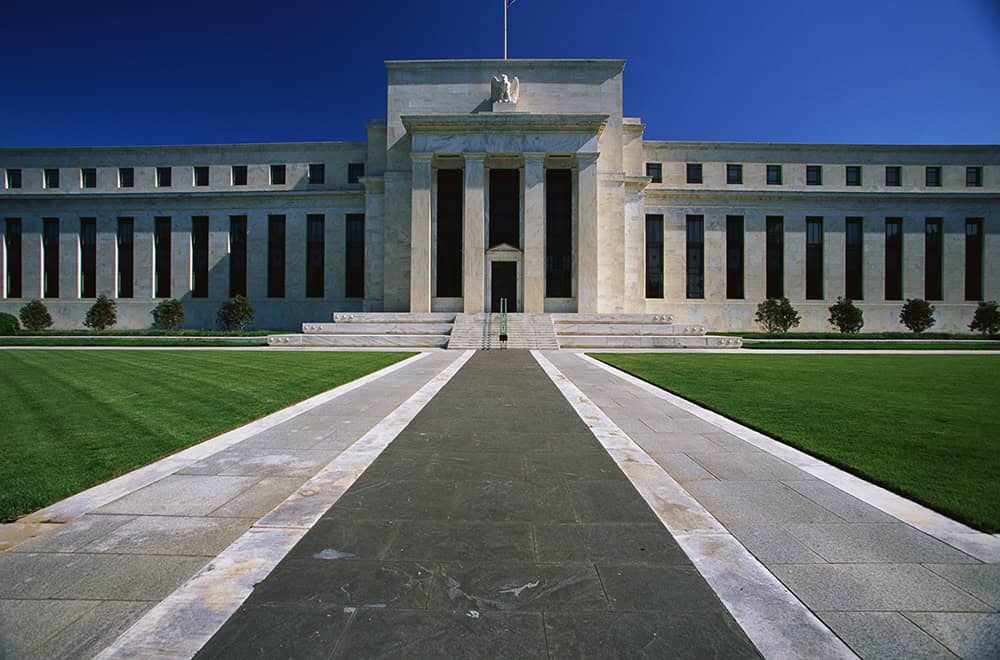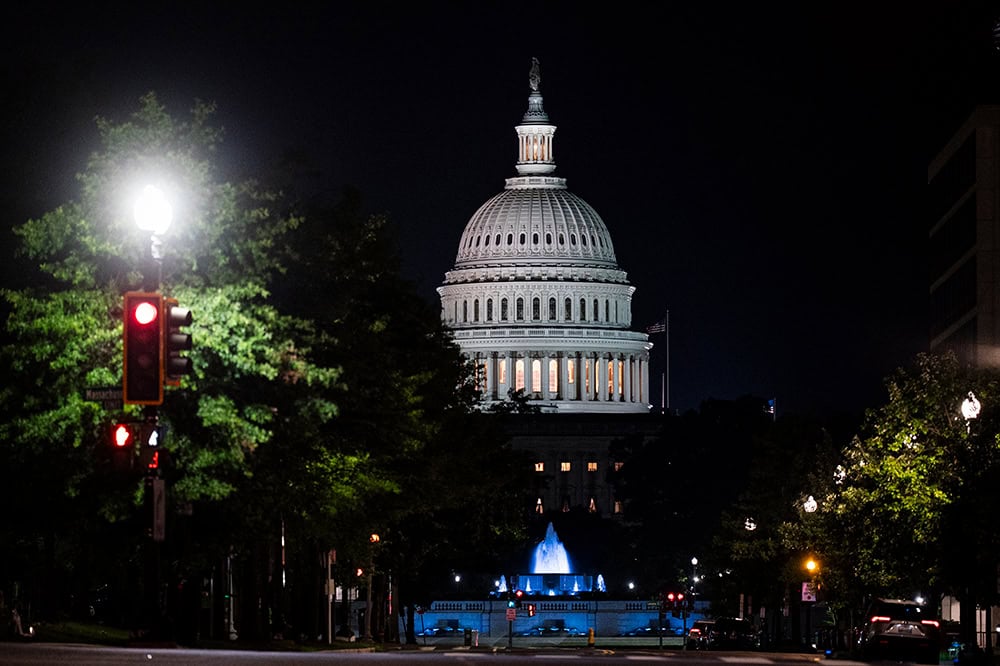Statement from Peterson Foundation as Budget Conference Committee Holds First Meetings

Significant Opportunity to Set Long-term Plan on Debt; End Cycle of Governing by Crisis
NEW YORK (October 30, 2013) — On October 17th, the President and Congress agreed to legislation to re-open the government and avoid default on our national debt, providing temporary relief from the political battles that have harmed our economy. Importantly, the agreement also provided for a bipartisan, bicameral budget conference committee, tasked with reconciling House and Senate budget resolutions and finding a longer-term solution to put our debt on a sustainable path.
Michael A. Peterson, President and COO of the Peter G. Peterson Foundation, released the following statement today as the budget conference committee holds its first meeting:
“The budget conference committee has a key opportunity to break the cycle of governing by crisis and stabilize our debt for the long term. The recent months of fiscal brinksmanship have hurt the economy and resulted in no real solutions. Nearly 90% of Americans believe it’s important that this committee focuses on a long-term plan, so now is the time to put our fiscal and economic future above politics. This bipartisan committee should embrace the chance to make significant progress to put our long-term debt on a stable course for the future before looming fiscal deadlines once again draw near.”
The Peterson Foundation released polling this week showing that Americans overwhelmingly desire bipartisan long-term fiscal solutions. Ninety-four percent of voters agree that Congress should reach a long-term plan to address our national debt instead of relying on short-term fixes; 95% would like to see Democrats and Republicans work together to solve the country’s long-term fiscal and economic problems; and 89% say it is important for the bipartisan committee to focus on a longer-term fiscal plan to reduce the national debt. See full results here.
Further Reading
What Are Interest Costs on the National Debt?
Interest costs are on track to become the largest category of spending in the federal budget.
The One Big Beautiful Bill Act Is the Most Expensive Reconciliation Package in Recent History
This week, lawmakers in Congress approved reconciliation legislation that will add trillions of dollars to America’s already unsustainable fiscal trajectory
Healthcare Costs Are a Major Driver of the National Debt and Here’s the Biggest Reason Why
One of the largest drivers of that rising debt is federal spending on major healthcare programs, such as Medicare and Medicaid.


